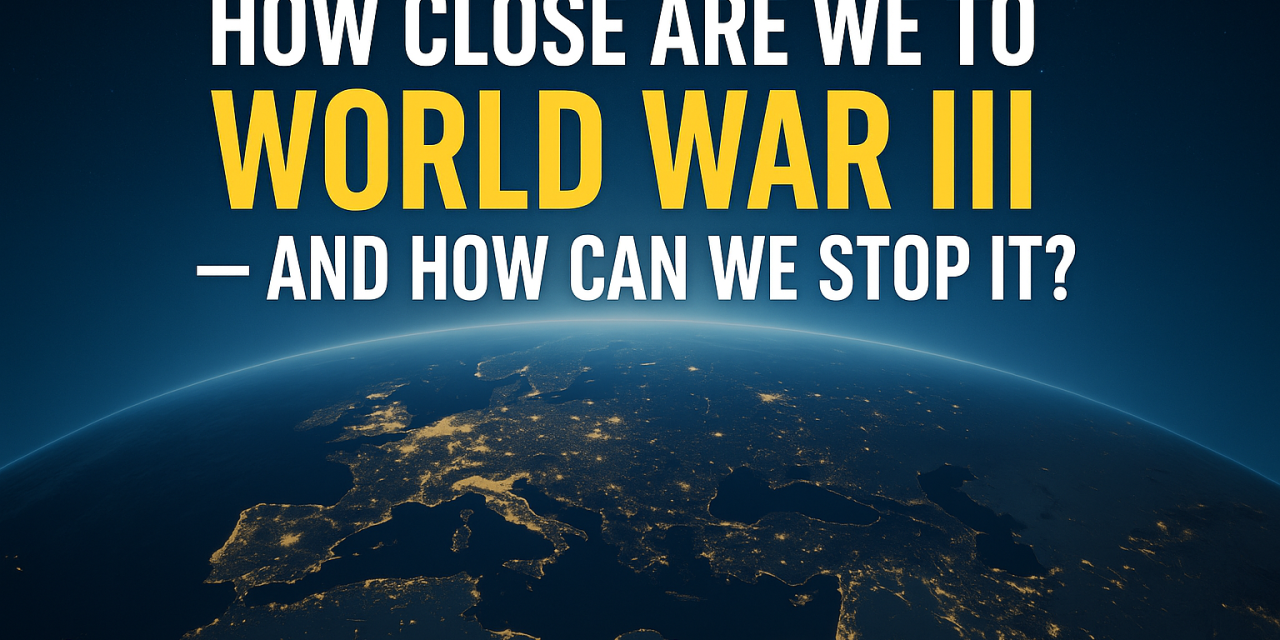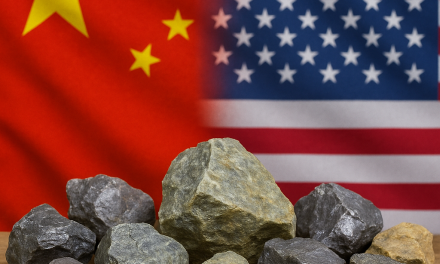History doesn’t just teach lessons — it whispers warnings. And if we listen closely, we might realize we’re hearing familiar echoes. The early 1900s. The 1930s. And now. Every era had its mix of pride, progress, and paranoia. Every one thought war wouldn’t happen again — until it did.
But this time, we have one thing the past didn’t: hindsight amplified by technology. So the question isn’t whether history will repeat. It’s whether we’ll learn enough to stop the rhyme before it turns into a verse of destruction.
1. The Social Fuse: Technology and Fear
Before both world wars, technological revolutions disrupted society faster than people could adapt. Machines replaced workers. Urban life disconnected people from nature and tradition. Those same patterns exist now — just digital.
AI is today’s industrial revolution. It promises efficiency and innovation, but it also erodes trust and identity. Algorithms can manipulate moods, divide nations, and amplify fears faster than any propaganda minister of the past ever could.
Prevention starts with balance.
We must stop letting technology outpace empathy. Schools should teach emotional intelligence as rigorously as coding. Media platforms need accountability for their algorithms. Most importantly, individuals must learn digital discipline — the art of consuming information without letting it consume us.
2. The Economic Trap: Prosperity ≠ Peace
Before World War I, the world was more economically interconnected than ever — and yet war still came. Before World War II, nations prioritized relative power over shared prosperity, believing domination was the only way to survive. Sound familiar?
Globalization today is showing its cracks. The U.S.–China relationship mirrors prewar trade rivalries. Nations are rethinking dependencies and turning toward self-sufficiency — the same mindset that pushed Japan and Germany into isolationist aggression in the 1930s.
Prevention starts with cooperation — not competition disguised as diplomacy.
The 21st-century equivalent of “arms races” is supply chain nationalism. We must redefine what power means: not how much we can produce alone, but how well we can produce together. Economic collaboration should not be a zero-sum game. Shared innovation must replace mutual suspicion.
3. The Political Powder Keg: Polarization
No empire falls from external attack before it rots from within. From the Balkans in 1914 to Germany in 1933, internal division was the spark before the inferno.
Today, polarization isn’t just political — it’s existential. Left vs. right. Globalist vs. nationalist. Truth vs. algorithm. When nations begin to doubt their own institutions, compromise dies — and chaos takes its place.
Prevention starts with civic humility.
We can’t keep treating politics as a sport where victory matters more than stability. Platforms that profit from outrage should face the same scrutiny as polluters — because they’re polluting democracy. We need leaders who heal divisions, not harvest them for clicks.
4. The Military Web: Alliances and Entanglements
Both world wars began as regional conflicts that spiraled because of alliances. Today, the world is again dividing into two clear blocs:
-
The Axis of Dictatorships: China, Russia, Iran, North Korea.
-
The Fractured Democracies: NATO and its allies, increasingly divided by internal politics and external pressure.
The danger isn’t just in these alliances existing — it’s in them being too rigid. When alliances act out of obligation rather than reason, local wars turn global overnight.
Prevention starts with diplomacy that evolves as fast as technology.
The next world war won’t begin with a bullet — it’ll begin with a cyberattack, an economic blockade, or an AI-triggered escalation. We need adaptive diplomacy capable of responding in real time to digital threats. Nations must rebuild trust through human connection, not just defense treaties and sanctions.
So How Do We Actually Stop It?
We stop World War III not by fearing it — but by reframing what “winning” means.
-
Make truth profitable again. Reward transparency, punish manipulation — especially in media and AI.
-
Teach peace like we teach economics. Every student should understand conflict theory, empathy, and global systems as deeply as math or history.
-
Create a digital Geneva Convention. Nations must agree on boundaries in cyberwarfare and AI use, just as they did for chemical weapons.
-
Invest in shared missions. Climate change, space exploration, and disease eradication can unite where politics divide.
-
Redefine patriotism. The greatest threat to any nation isn’t the enemy abroad — it’s the echo chamber within.
Final Thought
The past two world wars began because progress outpaced wisdom.
If we want to prevent the third, wisdom must finally take the lead.
History doesn’t repeat — but it rhymes loud enough for us to hear it.
The only question is: will we listen this time?




